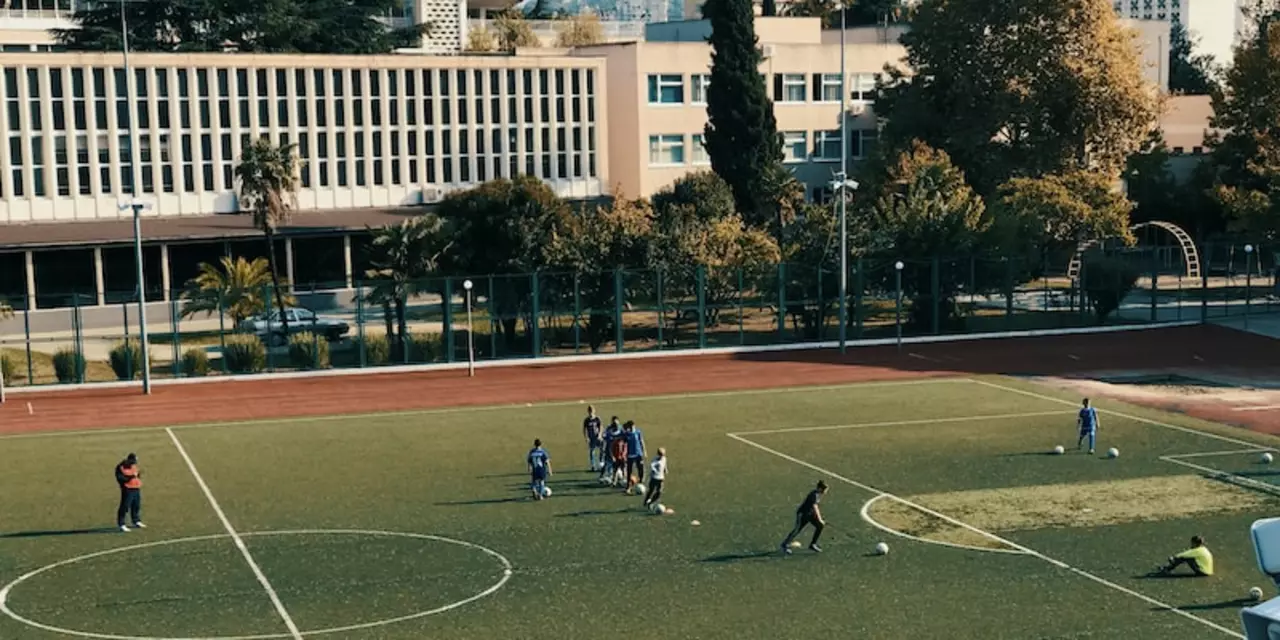Ever wonder what it's like to be a professional soccer player? Well, here's an inside look at the lifestyle of a pro soccer player. Professional soccer players lead a life of intense training, travel, and competition.
Training is a big part of the lifestyle of a professional soccer player. Players devote hours each day to practice and drills to improve their skills. Training includes strength and conditioning, as well as technical and tactical drills. Players must also practice their shooting, passing, and ball control.
Travel is another part of the lifestyle for professional soccer players. Teams compete in leagues and tournaments around the world, so players must be prepared to travel often. Players must also adjust to different climates and cultures when they travel, which can be a challenge.
Finally, competition is a huge part of a professional soccer player's lifestyle. Players must be mentally and physically prepared to compete at the highest level. They must also be familiar with their opponents' strategies and tactics in order to be successful on the field.
All in all, the lifestyle of a professional soccer player is demanding, but also rewarding. Players are able to travel the world, meet new people, and have the unique opportunity to compete against the best players in the world.
Soccer players must maintain a rigorous daily schedule and lifestyle to achieve peak performance. From waking up early to recovering with a massage, here is a look into what a typical day of a soccer player looks like.
Wake Up and Breakfast
Most soccer players start their day early. This gives them the time to fuel up and get ready for their daily practice or game. Soccer players typically have a big breakfast to give them the energy to perform throughout the day. Typical breakfast foods for soccer players include oatmeal, eggs, toast, and a protein smoothie.
Practice
After breakfast, soccer players head off to practice. Soccer practice usually consists of drills and scrimmages that are designed to improve the players’ skills and technique. During practice, players will work on their shooting, dribbling, passing, and defending skills. Soccer players also work on their endurance and physical fitness with running drills, sprints, and other exercises.
Recovery
After practice, soccer players need to take time to rest and recover. This can include stretching and foam rolling, as well as getting a massage. Massages help to reduce muscle soreness and improve blood circulation, which helps players recover quickly and stay in peak physical condition.
Nutrition
Nutrition is an important part of a soccer player’s lifestyle. Soccer players need to eat a balanced diet of proteins, carbohydrates, and healthy fats to fuel their bodies. Soccer players should also stay hydrated throughout the day to keep their energy levels up.
Rest and Relaxation
Finally, soccer players need to take time for rest and relaxation. This can include activities such as reading, listening to music, or watching a movie. Soccer players should also make sure to get enough sleep to give their bodies and minds the rest they need to perform at their best.

Write a comment